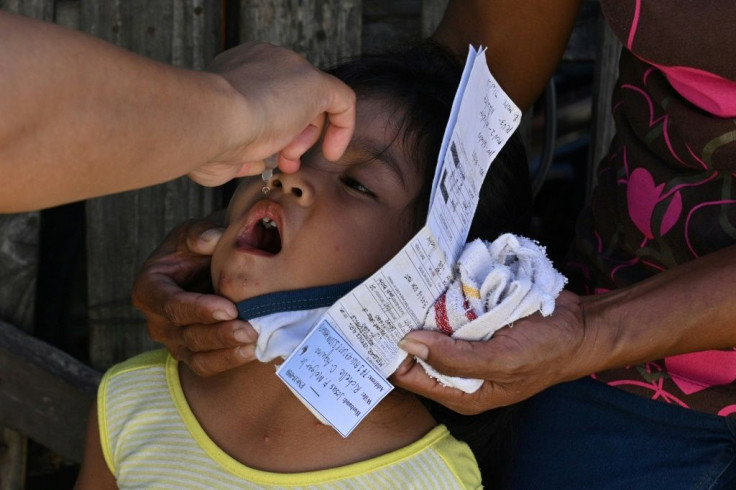Why You Need A Flu Vaccine More Than Ever Amid The COVID-19 Pandemic
KEY POINTS
- The influenza vaccine won't protect against COVID-19, but the global pandemic still adds urgency to getting one
- Hospitals are already struggling to deal with COVID-19, and the similarities make the two diseases especially dangerous in concert
Experts like those at the Centers for Disease Control and Prevention say it's more important than ever to get a flu shot.
In fact, the CDC recommends that everyone get a flu shot by the end of October.
The flu will still have a presence, and the threat of COVID-19 this year adds even more urgency to getting vaccinated. A flu vaccine won’t prevent COVID-19, of course, but the global pandemic creates ancillary incentives beyond simply not wanting to get sick. Consider:
- COVID-19 has hospital resources and personnel stretched to the breaking point. Doctors are already anticipating a winter surge in COVID-19 cases and the last thing they need is influenza patients taking up beds urgently needed by those suffering the more lethal coronavirus.
- You don't want to have influenza and need care in a building full of COVID-19 patients. Both diseases attack the lungs, and COVID-19 can be gravely exacerbated by comorbidities like age, obesity, or your immune system already struggling to fight off the flu.
- Similarities make the viruses very difficult to tell apart by symptoms alone. Only a test can definitively tell the difference between a simple, usually harmless flu and the unpredictable and much more lethal COVID-19. Getting a flu shot will help reduce uncertainty and make sure you don’t rush to the hospital for a false positive.

The CDC notes that while the flu vaccine doesn’t mean you’re guaranteed not to contract it, even among people who do come down with influenza those who are vaccinated fare better because their bodies are already mounting a defense when they get it.
There have been flawed studies over the years attempting to link vaccines to other illnesses, along with a small but vocal movement saying they cause serious harm to those who receive them. The CDC notes that there is yet to be any evidence to support such claims.
© Copyright IBTimes 2025. All rights reserved.





















